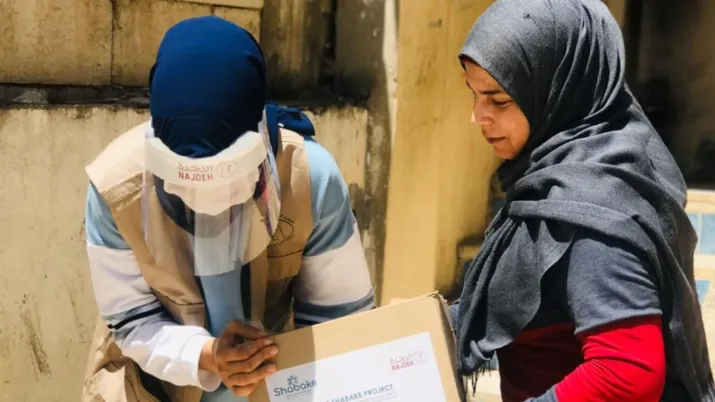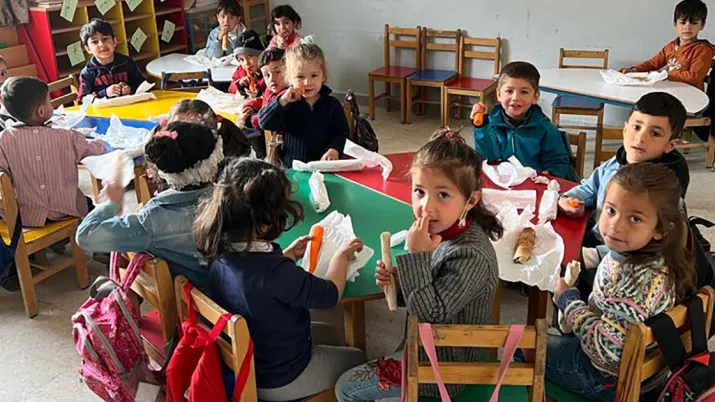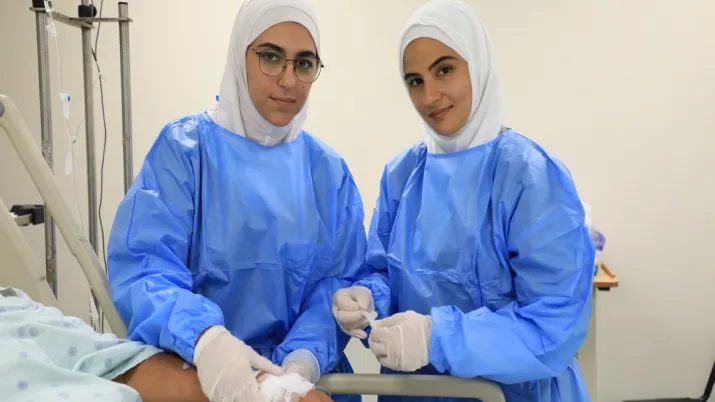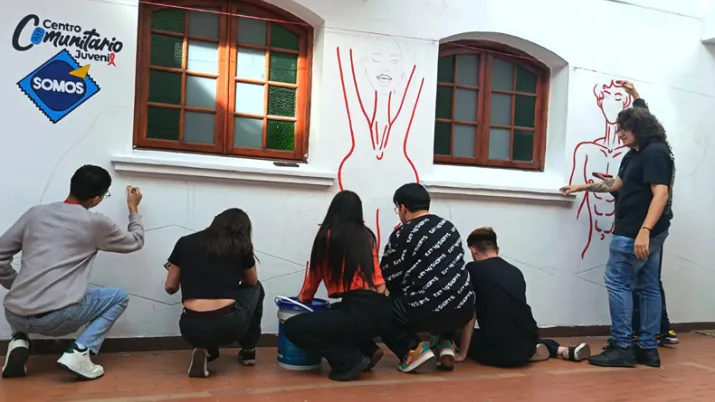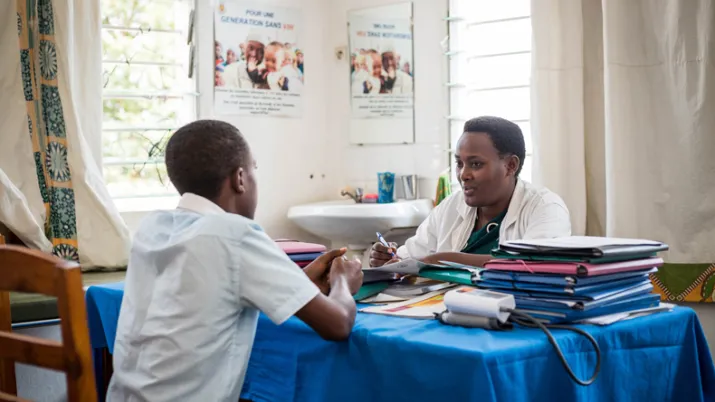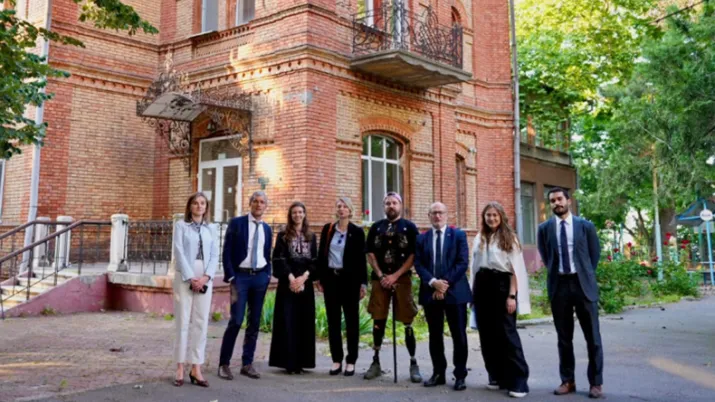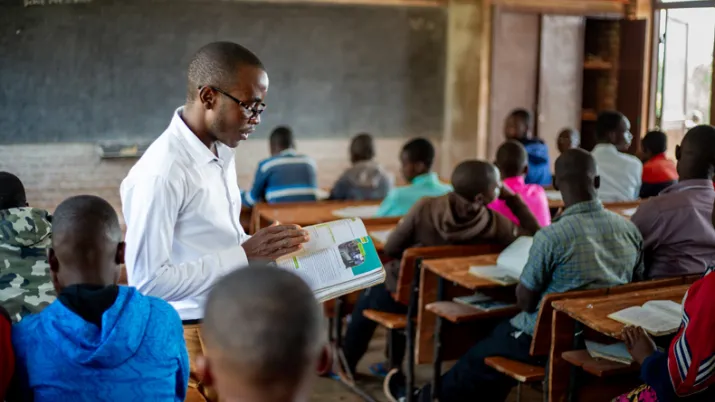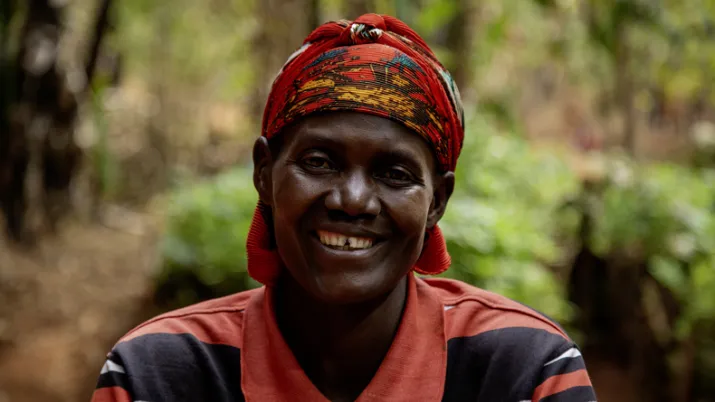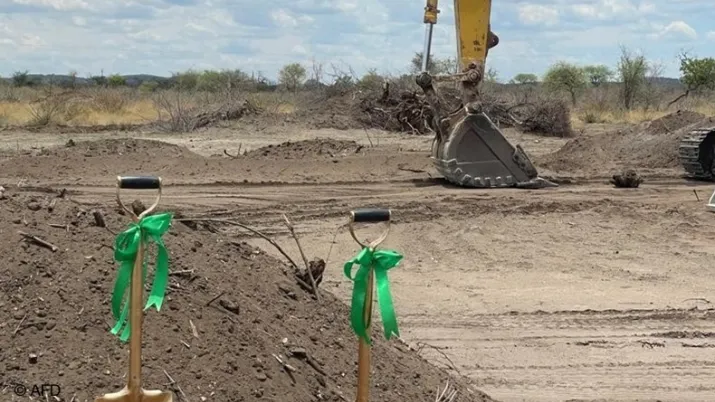Share the page
Women and Child Health Program in Lebanon
Project
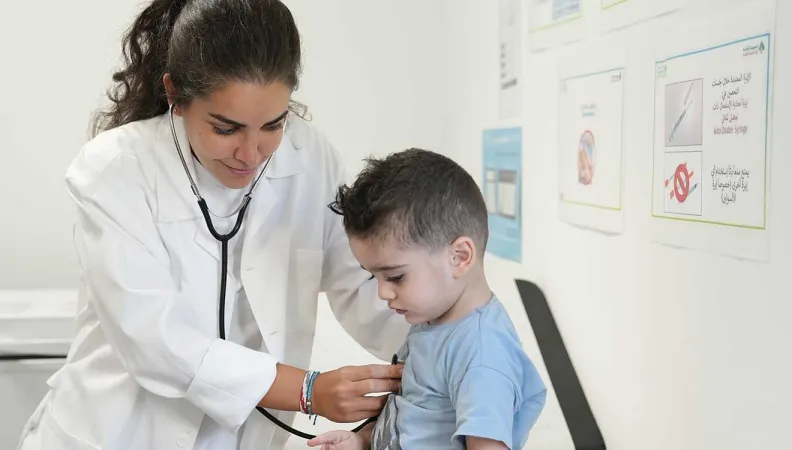

-
Project start date
-
Status
Ongoing
-
Project end date
-
-
Project duration
-
3 years
-
AFD financing amount
-
€ 5 561 481
-
Country and region
-
Location
-
Lebanon
-
Type of financing
-
Beneficiaries
-
Pierre Fabre Foundation Order of Malta Lebanon ASSAMEH Birth & Beyond
Project implemented by the Pierre Fabre Foundation (FPF), in collaboration with the Order of Malta Lebanon (OML), and the ASSAMEH Birth & Beyond Association (ASSAMEH B&B), aiming to provide subsidized maternal and child care services for vulnerable women and children.
Context
The economic crisis affecting Lebanon has severely affected its healthcare system, primarily due to shortages of energy, water, medical supplies, and the massive departure of healthcare personnel. As a result, 30% of children now lack access to healthcare. Key indicators of maternal and child health have deteriorated significantly since 2019, including life expectancy, maternal mortality rates, mortality rates for children under 5 years old, and the vaccination coverage of children.
Description
The aim of the project is to support the public health system, particularly in the provision of care for vulnerable women and children.
The project is implemented by OML in its network of 11 primary health centers, 3 satellite centers and 8 mobile medical units, and by ASSAMEB B B&B at the Quarantaine Govermental Hospital.
The project thus pursues four specific objectives through each of which the reduction of gender inequalities will be cross-cutting:
- Improve the quality of care and the management of specific women’s needs;
- Enhance the management of pregnancies, including pathological cases, and childbirth;
- Improve pediatric follow-up and care;
- Strengthen school health and child protection.
Impacts
The direct beneficiaries of the project are the most vulnerable populations, specifically adolescent girls, young women, menopausal women, pregnant and postpartum women (48,000); newborns and young children (14,000); school-aged children (35,000); trained healthcare personnel (at least 1,320); trained teaching staff (at least 742); parents (35,000); the management of the Quarantine Hospital (15); and the team of the NGO ASSAMEH B&B (14).



